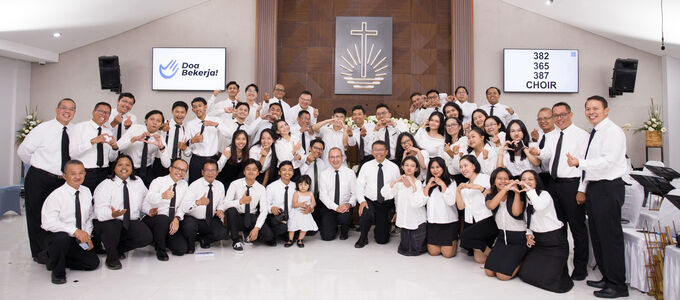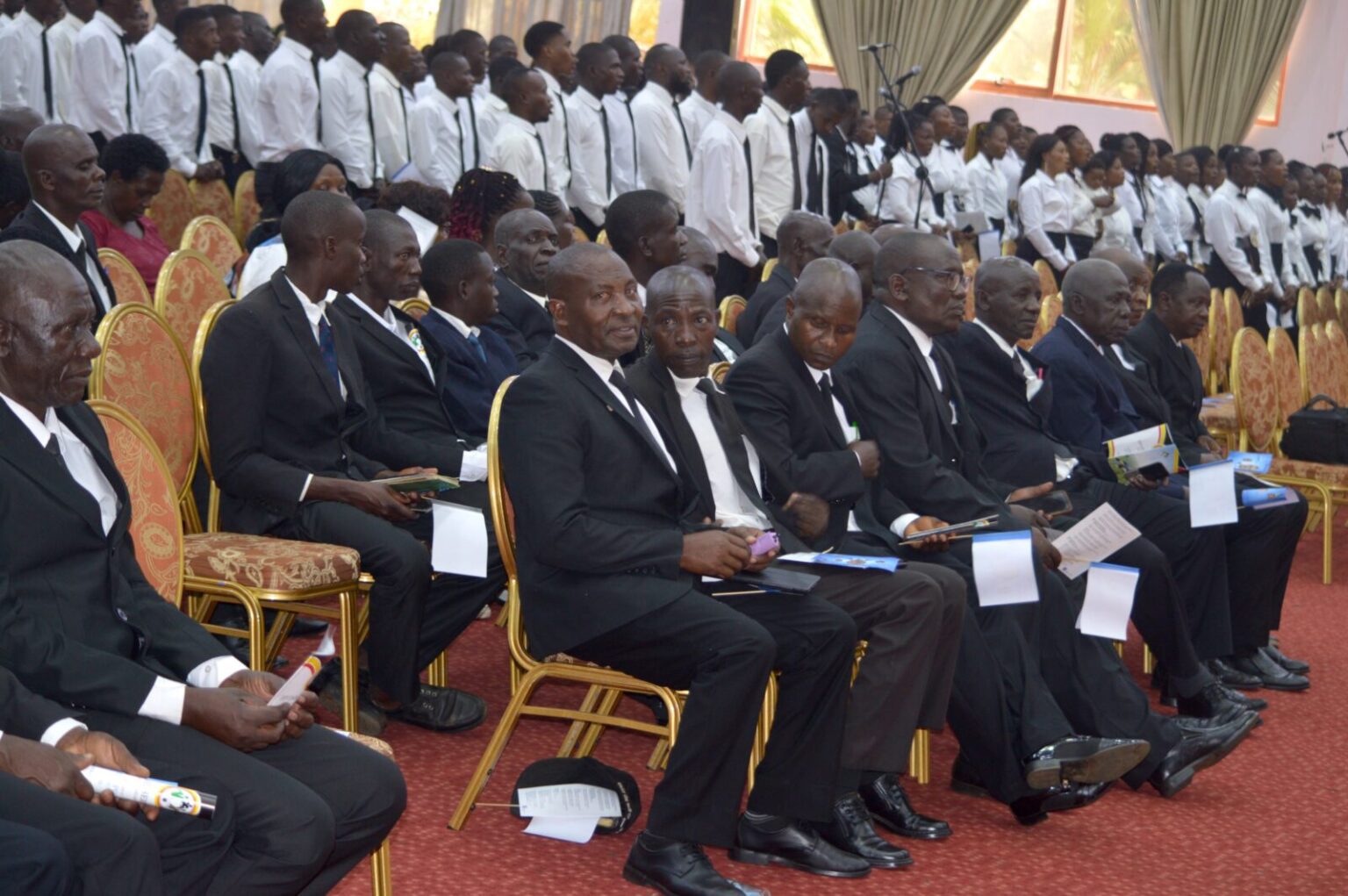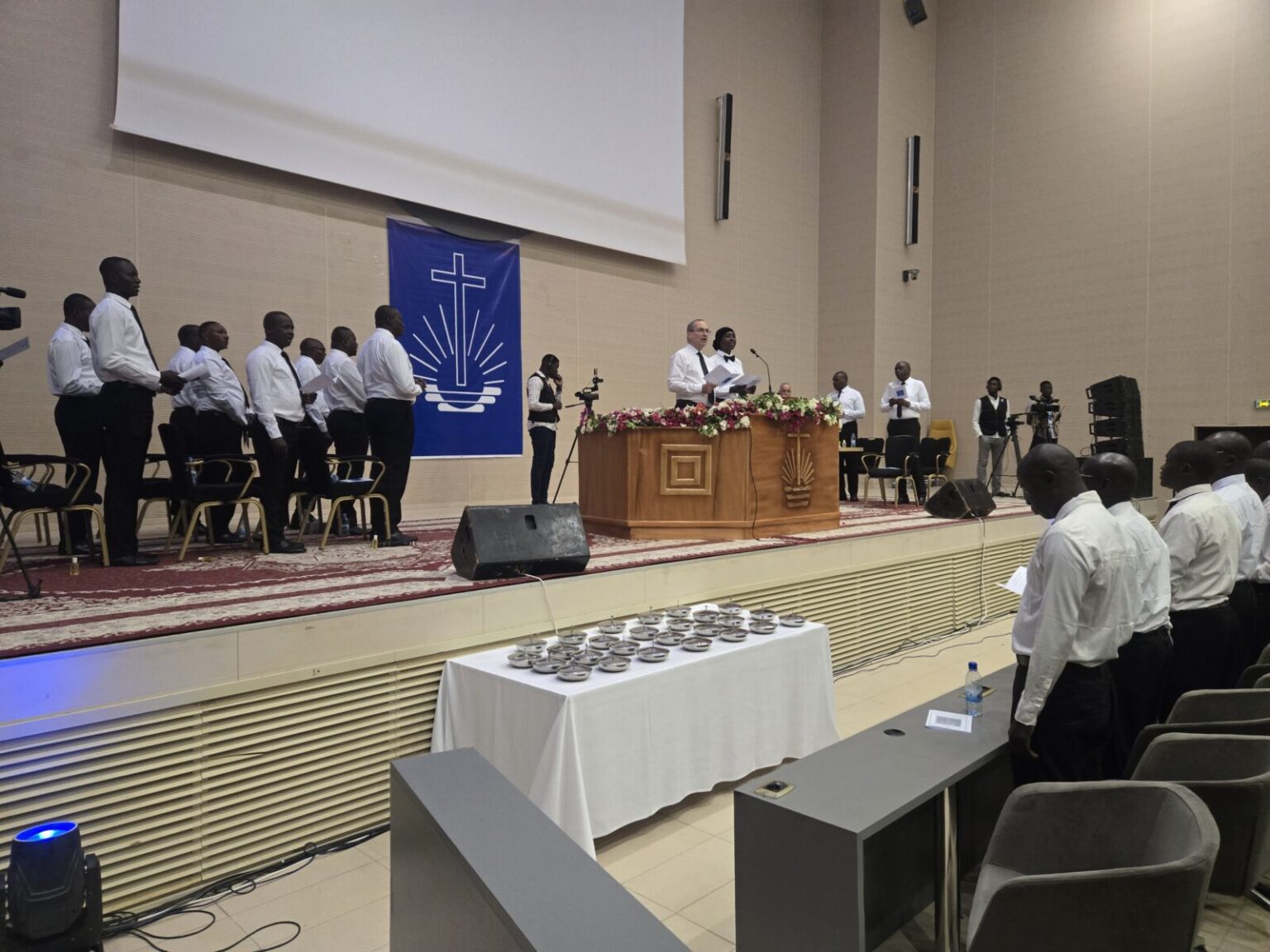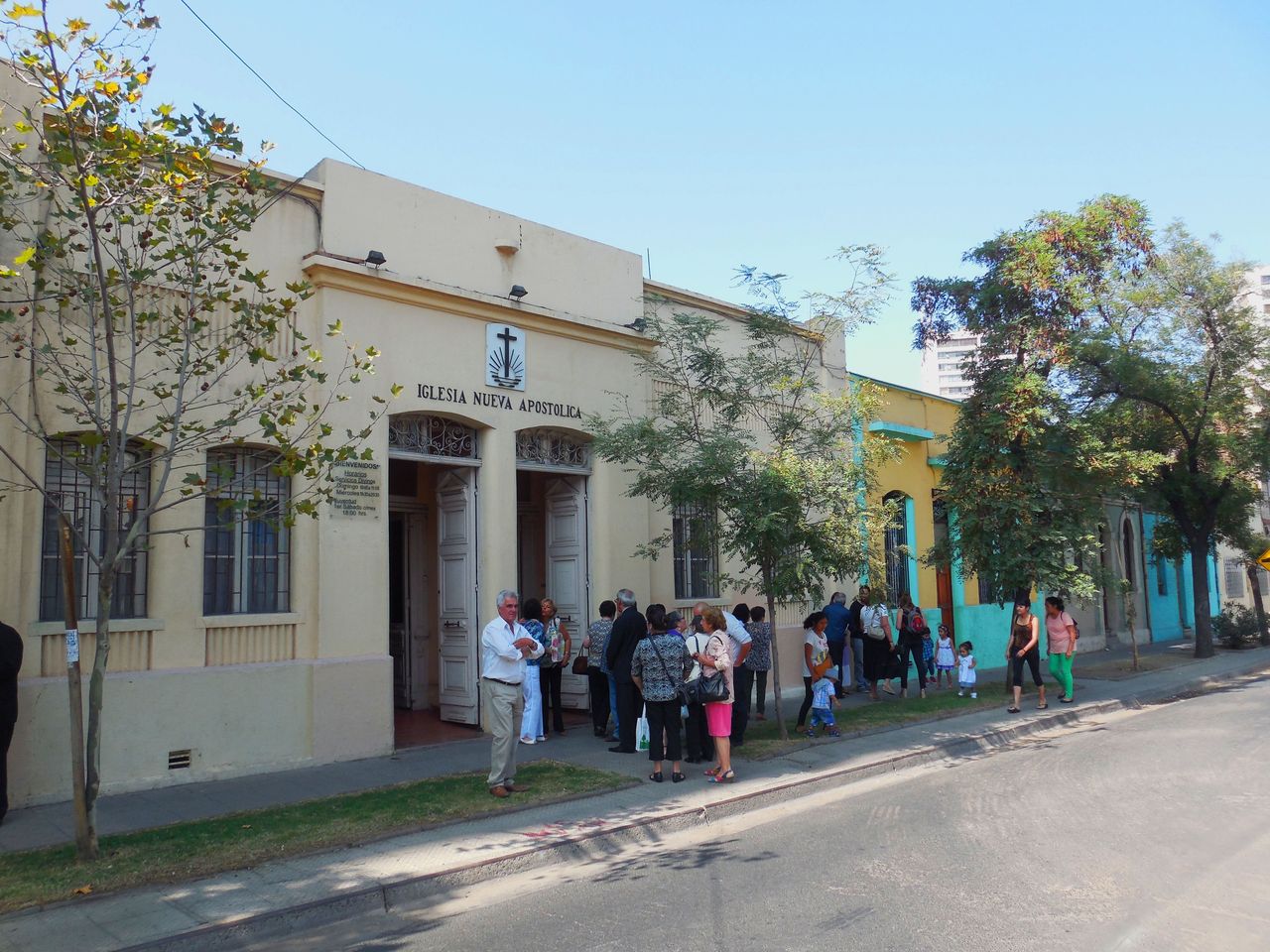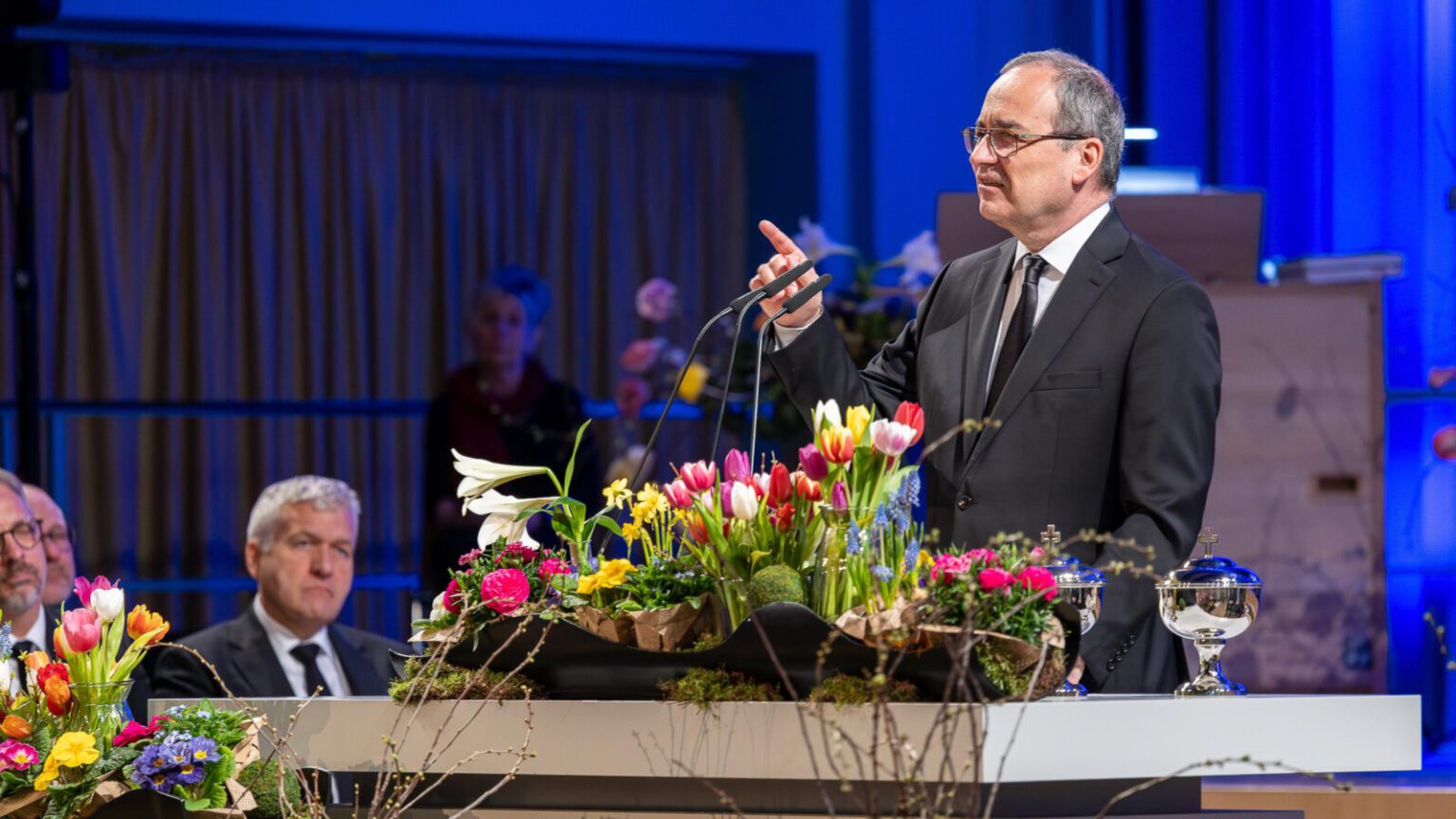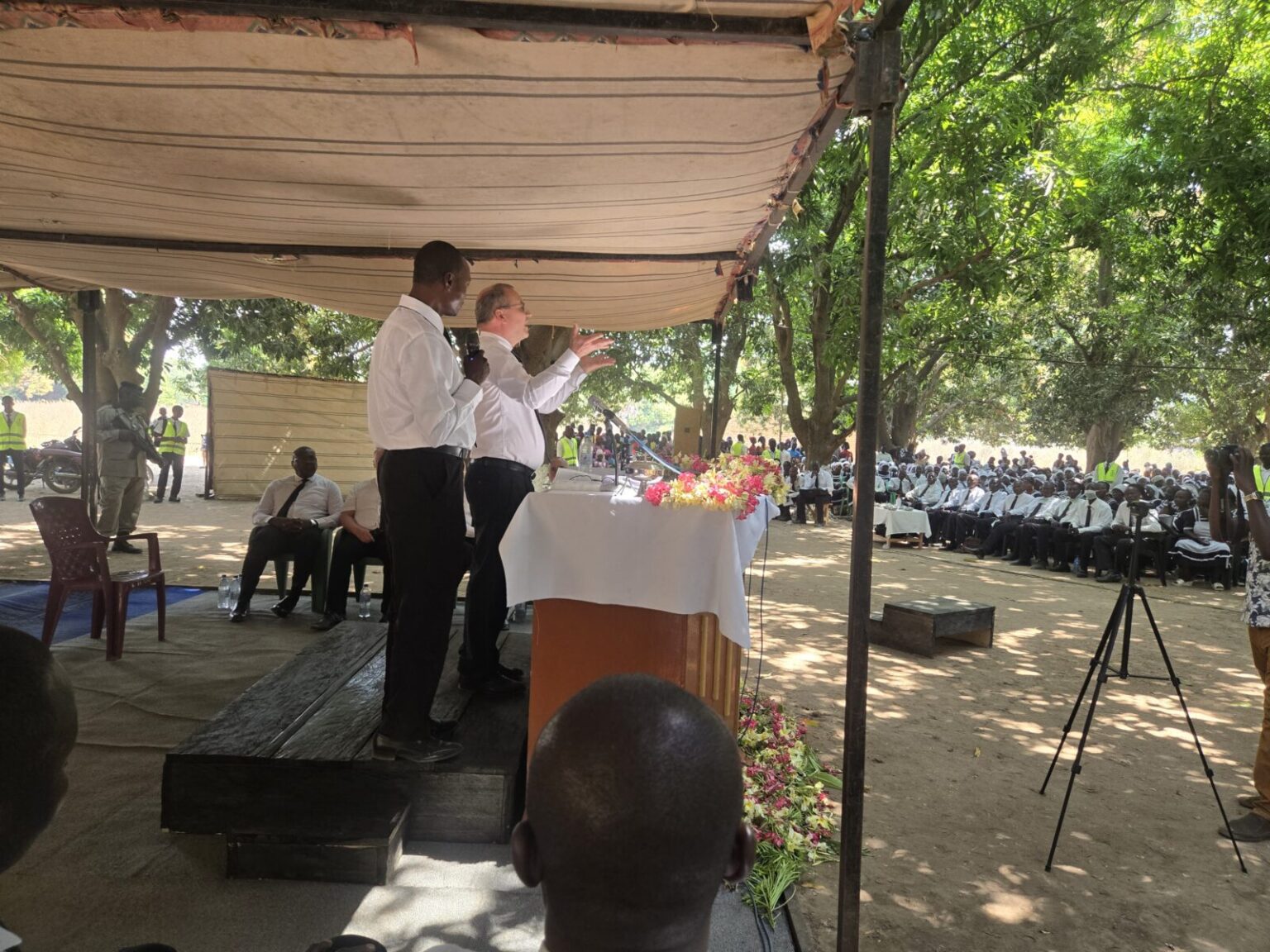

Okay, so you’re supposed to love God above all things and your neighbour as yourself. But—how do you actually do that? The Chief Apostle had a simple formula for this: recognise and reciprocate the love of God—following is the user’s manual.
The congregation loved the Apostle and the Apostle loved the congregation. And yet Paul wrote: “And this I pray, that your love may abound still more and more in knowledge and all discernment” (Philippians 1: 9). Why?—This was the very same question that the Chief Apostle posed in a divine service he conducted on 4 June 2024 in Denpasar, Indonesia.
“As human beings, our love is never perfect. Our love could always be greater and better,” replied Chief Apostle Jean-Luc Schneider. Naturally, our example is Jesus Christ. He was “the only person who had perfect love for both God and His neighbour.” In addition, “the Apostle knew from experience: the greater the love, the greater the blessing.”
The right way to love God
What does it mean to “love” in this context, anyway? “This does not mean that we have to love God the same way we love our wives, our husbands, our children, or our friends.” Rather: “We trust Him. He is our only God. We do His will and we want to be with Him.”
In order to strengthen this love, the Holy spirit shows us all the things that God does for us human beings:
- “He sent His Son to sacrifice His life, so that we may have eternal life.”
- “He loves us despite our behaviour. He gives us something that we cannot earn: grace!”
- “He never uses His power to force us to love Him. He respects the free will of humankind.”
To recognise the love of God in this way helps the believer to make the right decisions:
- “You cannot measure the love of God by the money you have, nor by the question of whether you are healthy or not. We have understood that God’s love consists of the gift of eternal life.”
- “The Holy Spirit also helps us to discern between the spirits. We must always concentrate on our relationship with God, and then we will know: yes, this is what I should do, and that is something I should not do.”
- “Having the ability to discern also means being aware of our need for grace. And we do everything we need to do in order to obtain forgiveness.”“
- “We do not do what we do out of self-interest or because we want to get something out of it, but rather because we love God, and because we are grateful to Him.”
- “Those who love God do their part to contribute to the unity of the people of God. After all, they know that this is very important to Jesus.”
The right way to love our neighbour
The same thing applies to our love for our neighbour: it is not a question of loving our neighbour the same way we love our partner, children, or friends. Rather: “Rule number one is to love your neighbour as God loves him. Rule number two is to love your neighbour as yourself.”
Here too the Holy Spirit strengthens our love by deepening our knowledge. However, this knowledge is not focused on our neighbour and what is going on inside him. Rather, the Spirit “tells us how God loves our neighbour.” Just like us, our neighbour must be delivered from the evil one, receive grace, and know he or she is loved.
Those who know this will be able to treat their neighbour properly:
- “The only thing I can do for others is to help them discover that God loves them.”
- “Be a source of blessing. Try to behave as Jesus would behave in this situation.”
- “When I do good works for my neighbour, I am also doing something good for God.”
- “Just remember how much you suffer when someone refuses to forgive you. Treat your neighbour the way you want others to treat you.”
- “Everyone needs love. But this also requires actions, not merely words.”
The Chief Apostle’s conclusion: “We love God because He loves us. The Holy Spirit allows us to recognise the love that God shows us. He tells us how we can reciprocate His love. We love our neighbour as God loves us. The Holy Spirit tells us how we can bring this love to expression with respect to our neighbour.”


















